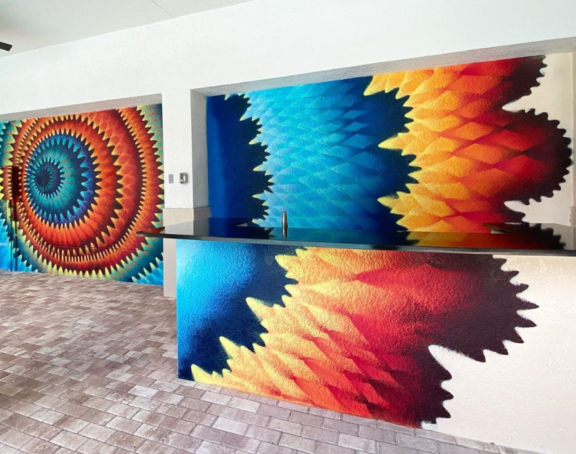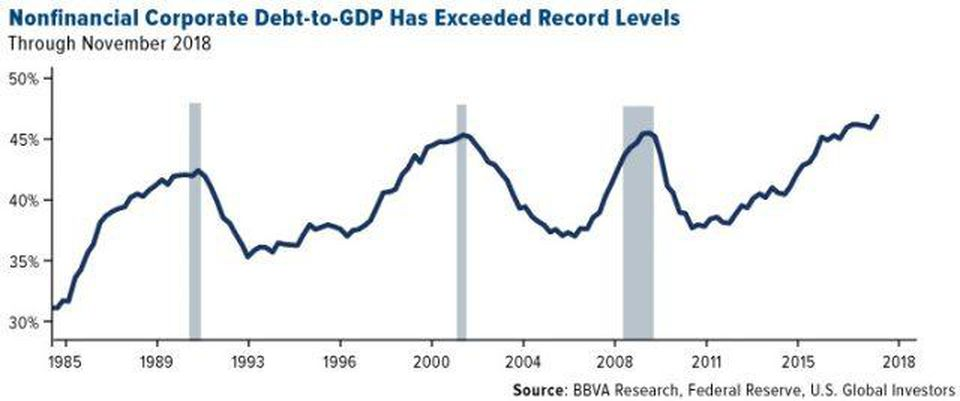MIAMI, FL– Ventura Pointe Apartments, a luxury apartment community in Pembroke Pines, FL, recently commissioned Miami-based artist Douglas Hoekzema, aka Hoxxoh, to create a mural at its pool deck.

The artist is known for his circular, vortex-like pieces featuring an array of colors. Hoxxoh has painted commissioned works at the Miami Marine Stadium, Hyde Hollywood Resort, and several sites in Wynwood, to name a few.
Built in 2018, Ventura Pointe was recently acquired by Lloyd Jones LLC, a real estate investment, development, and property management firm based in Brickell, Miami. While Ventura was purchased in nearly brand new condition with Class A amenities already in place, the firm wanted to add a unique touch to the pool deck with a large art piece.
Lloyd Jones believes incorporating local touches into design elements is a distinctive amenity that real estate developers and property management firms can offer residents.
“We strive to connect with the communities we serve, and one incredible way to do that is to support our region’s artists,” said Stuart Keller, SVP of Asset Management for Lloyd Jones LLC. “Hoxxoh was the perfect choice to design the mural—not only for his talent, but because he’s also part of the South Florida community.”
According to the artist, a percentage of the commissioned proceeds will be donated to World Central Kitchen and Hospitality Helping Hands, two nonprofit organizations aimed at serving meals to those impacted by the COVID-19 crisis and keeping restaurant workers employed.
For more information about Ventura Pointe Apartments, visit www.venturapointe.com. To learn more about the artist, visit www.elhoxxoh.com/.






